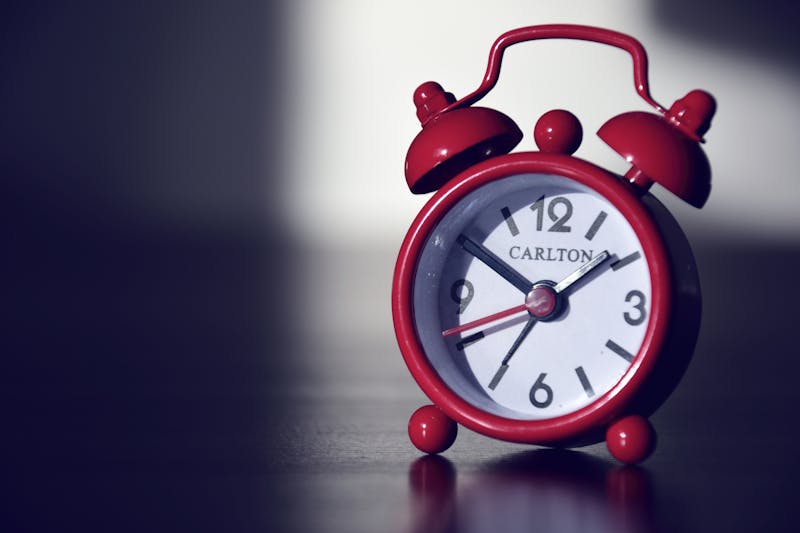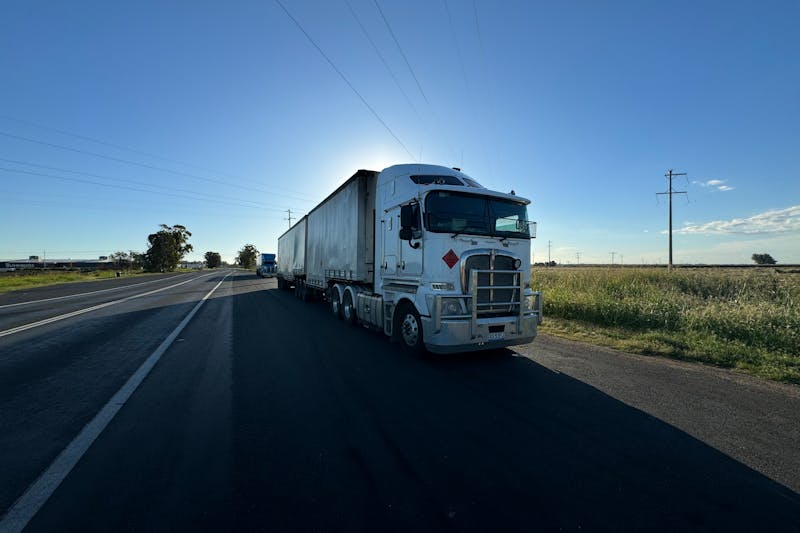Foreseeable Harm in Nashville Negligent Security Cases
Foreseeable harm is a key component in security cases, just like it is in any property owner negligence case. If you have been injured, and believe you have a foreseeable harm in Nashville negligent security case, contact a skilled premises liability lawyer.
If a person is in a high crime area, if there have been robberies at the person’s business, then that makes it foreseeable that something like that will happen again, and the person has a duty to protect their patrons from that foreseeable crime.
Role of the Owner in Inadequate Security Cases
The owner would be liable if they admit there is a foreseeable crime in the area, and they provided inadequate security which did not protect their customers. If the individual did not put lights up, or hire security guards; this is evidence that there was inadequate security provided. In other words, they may have done something, but it was not enough to stop a crime that was foreseeable. A jury would have to determine if that was adequate or not.
Negligence is a term that is used interchangeably. Inadequate means they have got it, but it was not enough. Negligence can mean that perhaps the people they hired were not properly trained and did not know how to stop a crime; they were not doing a good job; they were sleeping on the job; that security was there, just not implemented correctly or good enough to do what needed to be done.
Defining Foreseeable Crime
A foreseeable crime is really just like it sounds, that the business owner knew that a crime is likely to happen; it is foreseeable. In determining what is foreseeable in these cases, an attorney would need to get a police history of the business and see what has been going on with that neighborhood; and search for stories about robberies, car break-ins, or other crimes that have occurred in that area.
The more history of similar criminal activities found that mirror that of the injured person, the more foreseeable that crime was. The jury will agree that the crime was foreseeable and then move to the next step, or what should they have done to protect their customers.
Unforeseeable Crimes
If a person was attacked going into her apartment and she believes the apartment complex did not protect her, a search of the news and pulling police reports looking for similar crimes within the area would be undertaken, and if this is the first crime of any type in that area, then it is not likely that the apartment complex would have foreseen it happening.
Not every crime is foreseeable. Sometimes, there are just anomalies that nobody would expect to happen. A person cannot be held liable for something they could not have foreseen or have anticipated.
Determining Liability
The judge and jury. When the victim of a crime calls an attorney, the attorney will make a determination of whether they can prove the crime was foreseeable and if the security was inadequate. If they believe they can, then they will go to the next step, presenting their case to the jury.
They will retain experts to explain to the jury why this should criminal act never should have happened. Ultimately, it will be the judge or the jury who will decide whether the crime was foreseeable and whether the property owner or property management company did a good job protecting the person from that crime.
How to Combat Proof of Adequate Security
If it can be proven that there was adequate security, the individual would lose. Not every crime is foreseeable and not all security is inadequate. If the security company did a good job and it was a criminal act that they could not have been responsible for or foreseen, the injured person does not have a case.
A premises liability case involving inadequate security, all go back on a negligence case. Did the company breach that duty and was someone hurt by it? To prove those elements, it is a premises liability case and foreseeability is part of that element.




![Average Settlement for Car Accidents in Nashville [What to Expect in 2025]](https://www.thehigginsfirm.com/wp-content/uploads/2025/03/car-accident-settlement.jpg)
